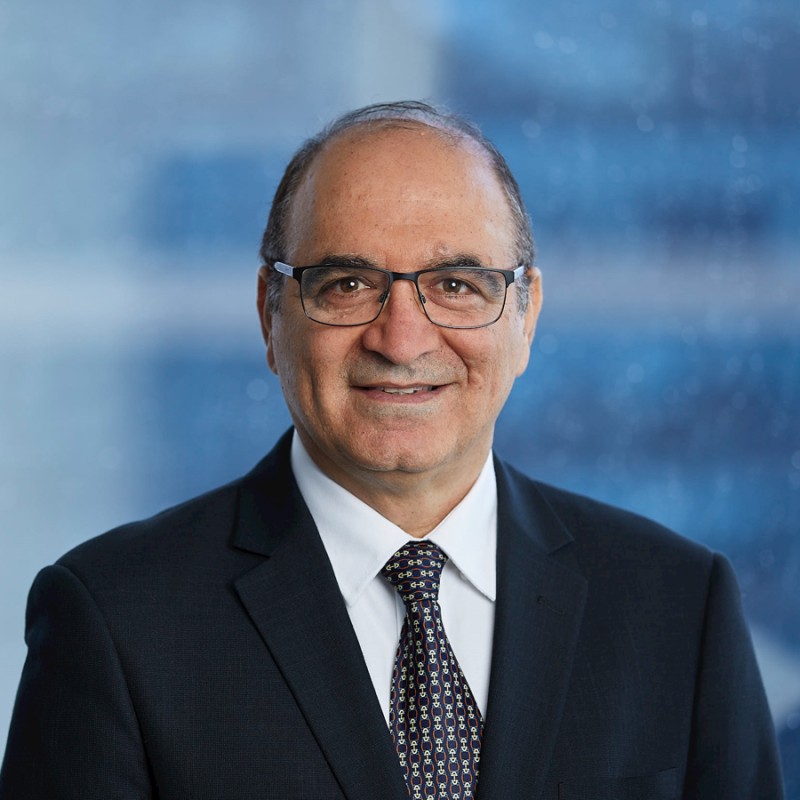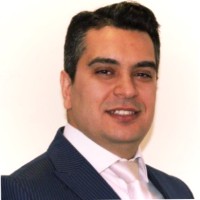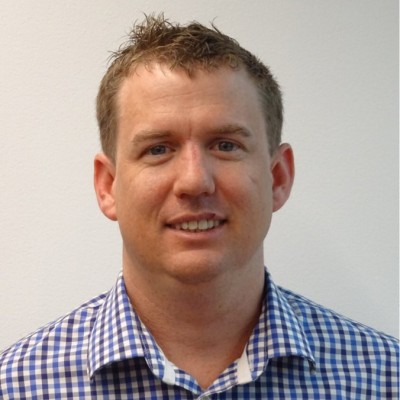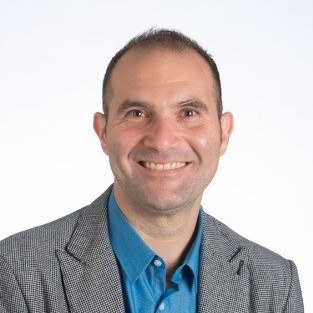Panel Discussion
Hosted by Dean Sharafi, Strategic Advisor – Energy Transition
Australian Energy Market Operator (AEMO), Australia
Date & Time |
Room
Energy Transition is not going as fast as initially intended, what's the impact on global decarbonisation objectives and power systems?

Dean Sharafi
Strategic Advisor – Energy Transition
Australian Energy Market Operator (AEMO), Australia
Host Panelist
Dean Sharafi is the Strategic Advisor on energy transition at the Australian Energy Market Operator (AEMO). Dean holds a degree in Applied Physics, a degree in Electrical Engineering and a degree in Business Management. He has around 30 years of experience in power system engineering which includes Power System Protection, High Voltage Systems, Asset Management and Power System and Electricity Market Operation.
He is a member of Australian Institute of Management, Cigre, Engineers Australia and a senior member the IEEE. Dean has been actively involved with IEEE Power and Energy Society initiatives and Cigre Working Groups over the last two decades and has served as a member of the Governing Board of the IEEE PES from 2017 to 2022.
Dean has published many papers on power system protection, condition monitoring, asset management and power system operations. He lectured for a decade as a Sessional Academic on Power System Earthing at Curtin University in Western Australia.
Dean is an Associate Editor for the IEEE Transactions on Power Systems Journal and an IEEE Distinguished Lecturer.
Dean is also the author of his memoire “The Unwilling Revolutionary.”

Ali Nami
Director, TBH – Tracey Brunstrom & Hammond, Australia
Panelist
Ali is a seasoned construction project planner with over 19 years of experience in planning diverse projects across Australia, New Zealand, the Middle East, Southeast Asia, and Europe. His expertise encompasses various industries, including energy generation and transmission, rail, water, resource, defence, ICT and building construction.
Ali possesses extensive experience in programming, planning and scheduling, project control, earned value management, forensic planning, delay and disruption claims and disputes. extension of time claims, disruption claims This experience has been gained from projects as small as $100m and as large as $20b, always following a guiding principle that the ability to effectivity view and take on challenges at the macro level comes from time and conversations spent understanding the detail.

Greg Elkins
Chief Executive Officer
Global Power Energy, Australia
Panelist
Greg is the CEO of Global Power Energy (GPE); a company he founded in 2021 to meet the growing demand for renewable energy and energy storage solutions. He has previously led the connections assessment teams for AEMO and Energy Queensland in which he facilitated the transition of the energy mix to renewable technologies and managed technical teams to look at new ways of doing things and to test the boundaries.
Greg has strong experience managing a range of connections, generation and load, to the Australian national grid. He has detailed understanding of transmission and distribution power networks with various projects completed for strategic planning of power systems, supporting numerous network service providers across the National Electricity Market.
Greg has a clear focus to balance GPE’s workload between utilities and government, investors and operators. Providing a different perspective balancing, commercial, regulatory and technical requirements for implementable solutions.

Pierluigi Mancarella
Chair Professor
The University of Melbourne, Australia
Panelist
Pierluigi Mancarella is the Chair Professor of Electrical Power Systems at The University of Melbourne (Australia) and part-time Professor of Smart Energy Systems at The University of Manchester (UK). He is author of several books and book chapters and of over 400 research papers and reports. His key research interests include grid and market integration of renewables and distributed energy resources, energy infrastructure planning under uncertainty, techno-economic modelling and analysis of multi-energy systems, and security, reliability and resilience of low-carbon networks.
Pierluigi is a Fellow of the IEEE, an IEEE Power and Energy Society Distinguished Lecturer, a Senior Editor of the IEEE Transactions on Power Systems, and an Editor of the IEEE Transactions on Energy Markets, Policy and Regulation. He has been visiting researcher/professor in a number of international institutions, including NREL in Colorado, Tsinghua University in China, Ecole Centrale de Lille in France, the Universidad de Chile, and DTU in Denmark (as a 2024 Otto Mønsted Visiting Professor). He is the Australian Director of the USA-UK-Australia Global Centre in Climate Change and Clean Energy “Electric Power Innovation for a Carbon-Free Society (EPICS)”.
Panel Synopsis
Governments around the world have set ambitious targets for decarbonising their economy and moving towards net zero, but transition toward low-carbon technologies is facing some headwinds. Electricity industry is the key to enable decarbonisation of other industries, but renewable energy built is slower than desired, giving rise to reliability concerns. If the lights go out, governments could lose social licence for the energy transition.
Often the problem is that not enough new electricity infrastructure of the right kind is being built in the right place and at the right time. At the same time, traditional generators are ageing and failing, while the construction of renewables, transmission, and storage – is being slowed down by grid connection issues, slow regulatory approvals, community opposition, and supply chain issues.
Furthermore, some critical components of the net zero future have proved to be difficult to achieve due to economic or technical challenges. This includes green hydrogen production, carbon capture utilisation & storage, direct air capture and so on.
If we are not on the path to net zero as planned, what actions need to be taken to achieve decarbonisation goals? What are the technical challenges power systems will be facing?